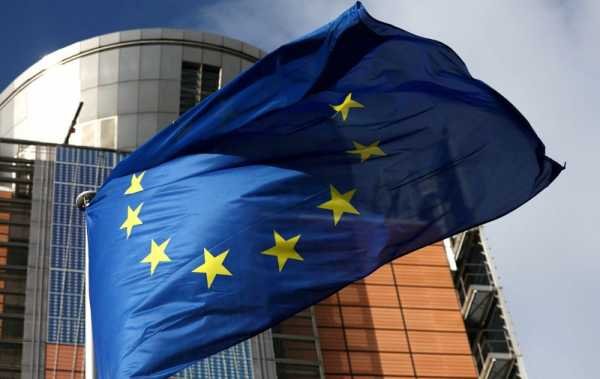BUDAPEST (Reuters) – Hungary’s European Union funds negotiator on Monday flagged a further possible delay in access to billions of euros of recovery money, saying ironing out remaining issues with Brussels over democratic reforms could last until the summer.
Hungary can receive some 5.8 billion euros ($6.2 billion) in free grants and a further 9.6 billion euros in cheap loans from the EU, but the bloc has suspended any payments until Budapest’s nationalist government implements reforms to improve judicial independence and tackle corruption.
On Saturday a senior EU official said Hungary must bolster the independence of its judiciary “very soon” to stand a realistic chance of getting any of the 15.4 billion euros envisaged for Budapest from the EU’s COVID recovery stimulus.
Tibor Navracsics, the minister in charge of funding talks with the EU, told the business daily Vilaggazdasag that Hungary’s parliament could pass the next tranche of judicial reforms in March following talks with EU officials.
“Parliament has until March to pass legislation on judicial independence. As far as I know, the Justice Ministry and the European Commission are in continuous contact regarding the contents of the package,” he was quoted as saying.
He added however it was unclear whether that batch of legislation would be sufficient to allay the Commission’s concerns, or further issues could arise.
When asked about media reports on a further delay in access to EU funds until the second half of the year, the minister said he expected all outstanding issues with the EU Commission to be resolved by the summer, later than a previously-flagged April deadline.
“I expect this to be an ongoing negotiation, over the course of which we time and again will have to change some laws or reach agreements to move forward and get the funds flowing,” Navracsics was quoted as saying.
Hungary and Poland are the EU’s only member states lagging behind in getting the funds, amid long-standing criticism from the Commission that their right-wing populist governments are damaging democracy and the rule of law.
($1=0.9360 euros)
(Reporting by Gergely Szakacs; Editing by Alex Richardson)








